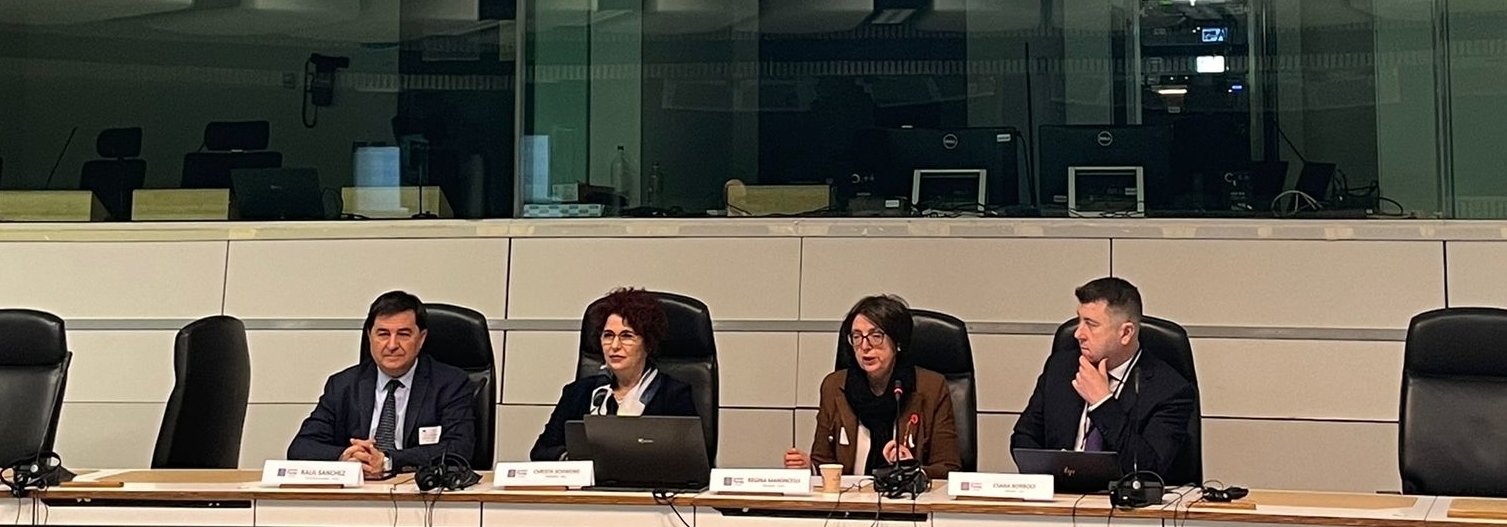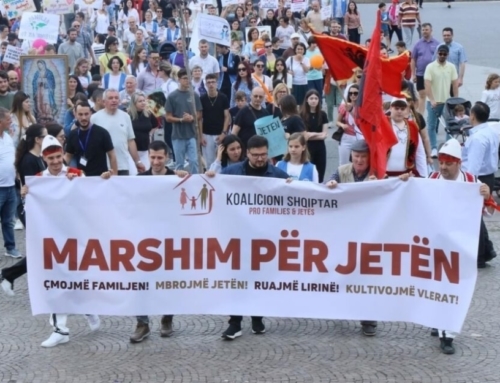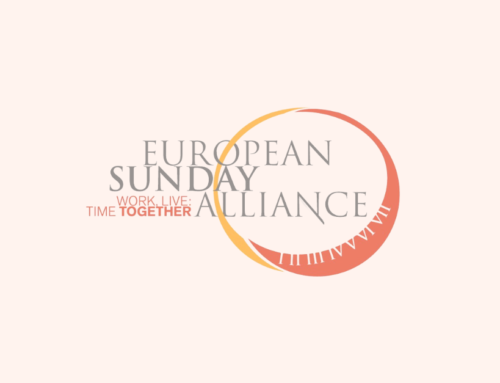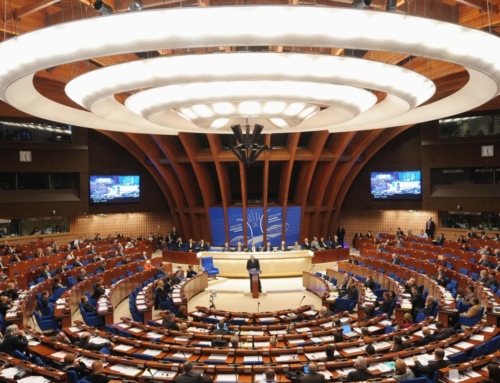Brussels, 7th of March 2023
FAFCE had the pleasure to participate last week in the IV Convention of the European Network of Family-Friendly Municipalities: “Innovating roots: Working for future generations” organised by the European Large Families Confederation (ELFAC).
The European Network of Family-Friendly Municipalities is a European-level initiative started by ELFAC and Province of Trento (Italy) with an aim “to provide support, tools and resources to European municipalities to develop and improve a family friendly culture through a common process of planning and self-evaluation.”[1]
The Convention gathered representatives of different European municipalities that implemented policies and solutions to create a family friendly environment. Local authorities from various countries exchanged ideas on good practices with positive results on family life.
An overview of family-friendly good practices
Luciano Malfer, General Director of the Agency for Social Cohesion of the Autonomous Province of Trento (Italy), a region that serves as an example when it comes to reorienting policies in order to put family in the centre and providing best living conditions for families, brought attention to the efficiency of the “economic of saturation”, i.e. using already existing services and resources and making them more accessible for families. He also highlighted that it is crucial to focus not only on social but also family policies, and thus to tackle the issue of the “well-being of family, not a problem of families”.
Barbara Socha, Under Secretary of State, Government Plenipotentiary for Demographic Policy, Ministry of Families and Social Policy in Poland intervened to present what can be done on a national level. She mentioned not only family benefits and allowances, but also the Large Family Card that offers “discounts on sports accessories, electricity charges, telecommunication services, purchase of food and easier access to recreation”[2] for all family members. Poland’s family policy aims to “give parents a choice, ensure that they have conditions in which they can act with their preferences”, said Ms. Socha.
The importance of bottom-up initiatives
The large family card was in fact an initiative of the Polish Large Familly Association 3Plus (ZDR 3Plus), which proves that local authorities as well as regional organisations have an impact on the national policy makers and may result in implementing good practices on a national level.
The exchange panel on national and local good practices was followed by a delivery of diplomas to new municipalities’ members and a workshop for municipalities to exchange information and ideas.
FAFCE stresses the importance of bottom-up events that bring together people with ground knowledge at the European level. It allows to present successful solutions and to inspire representatives of other regions and countries to implement them. This network of family-friendly municipalities’ network allows “the freedom and the conditions for parents to have the number of children they want;”, a call of FAFCE in its 2021 autumn Board resolution: Families for sustainable and integral development. As mentioned Csaba Borboly, representative of the European Committee of Regions, “at the end of the day it has to be families who decide, what they need”.
Read more on the role of family associations:






